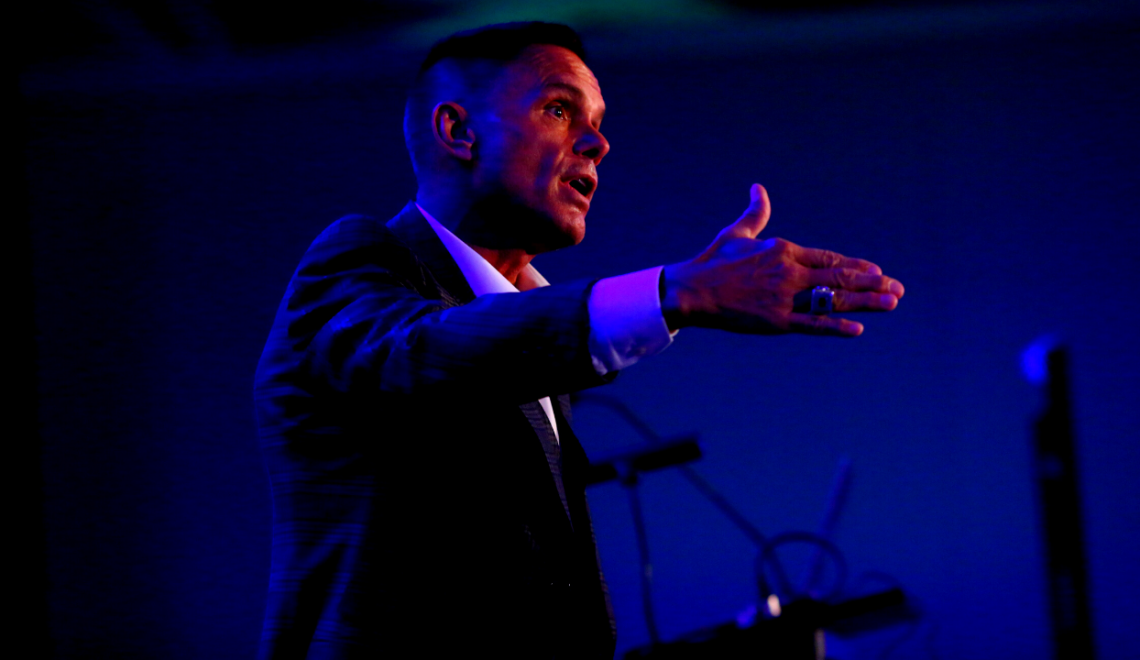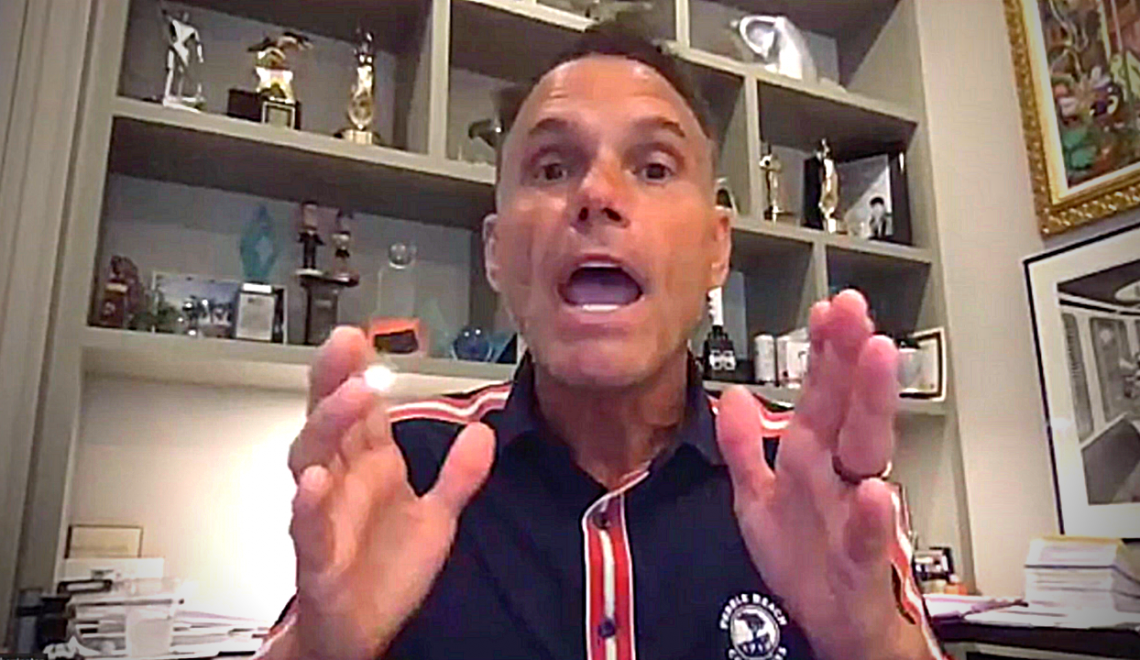
“Good help is hard to find.”
“If you want it done right, do it yourself.”
You’ve heard the cliches before, but what a pessimistic way to look at teamwork! Unfortunately, these sayings are well-known because we all assume they are true more often than not.
If you are an employer today, you have a hiring problem. You need people, but not just any people. You need the kind of people who can take your business over the top. As my mentor, Zig Ziglar said, “You don’t build a business. You build people, and people build the business.”
- Are you tired of paying entry-level duds?
- Do applicants look good on paper but can’t cut it in the real world of your business?
- Do you want to add people to your team who are great at what they do, expert communicators, can solve any problem they’re presented, and can take an idea from start to finish without any hand-holding?
- Sound too good to be true?
I’ve been there, believe me. The hiring process is far from simple. It requires a lot of thought, consideration, and instinct.
Through many years and many mistakes, I’ve learned some not-so-obvious things to look for that will make ALL the difference in assembling YOUR dream team.
1. They’ve Got to Have Top-Notch Skills
The smartest business decision you can make is to hire qualified people. Bringing the right people on board saves you thousands, and your business will run smoothly and efficiently. — Brian Tracy
The first thing I look at when I’m considering someone for my team is their skill set. If they don’t have the skills needed for a position, I’ll usually skip right to the next applicant or pitch.
For the kind of high-level jobs and partnerships that I offer, not only do they need to have an understanding of the position, but they should be able to bring that knowledge to the table immediately.
Yes, I’m also talking about experience. I look for people who have been there, done that, and can help my company do it better.
Learning on the job will always happen, and that is important — but if you’re like me, the positions you’re hiring for require someone who already understands the field they’re working in.
As Malcolm Forbes said, “Never hire someone who knows less than you do about what he’s hired to do.”
But there may be some exceptions. Some people won’t have their skills honed yet. You need to decide whether they have talent enough to make their training worth your investment. What kind of return will you see? Do you have time to mentor them?
Evaluate their potential and your capacity honestly before deciding whether to make this one a deal-breaker.
2. They’ve Got to Be Uber-Creative
You can’t just give someone a creativity injection. You have to create an environment for curiosity and a way to encourage people and get the best out of them. — Ken Robinson

Entrepreneurs and business leaders today work in a world that requires out-of-box thinking. You do want to stay on the cutting edge, don’t you? If a job applicant can’t easily demonstrate that they can think creatively on their feet, they probably need to hear, “You’re not a good fit.”
Finding the type of person that’s the right fit for my company means challenging new applicants to show me exactly how they work, both alone and with others. I want to understand how they think and develop their ideas.
Creativity can get lost in the business world, but anyone I work with has to be able to see the bigger picture. I like to role play scenarios to see if they’re good on their feet. Can they think of good solutions to sudden problems?
Role-playing is underutilized in the application process, but it’s so useful — and can make the process fun! Role-playing can demonstrate like nothing else whether an applicant is capable of learning something new, understanding directions, and executing those instructions in dynamic ways.
Believe me, you want that ability on your team.
Mark Rhodes observed, “The most successful businesses are those that engender creative thinking and develop environments where everyone generates ideas, has a voice, asks questions and challenges the norm.” Google is famous for this.
And what about you? Is the person you are thinking about hiring someone YOU could learn something from? Never think that you don’t have anything more to learn, even from your employees.
3. They’ve Got to Demonstrate a High EQ
Research carried out by the Carnegie Institute of Technology shows that 85 percent of financial success is due to skills in “human engineering” — personality and ability to communicate, negotiate and lead. Shockingly, only 15 percent is due to technical knowledge.
Picture the most successful businessperson or the best salesperson (it’s one and the same). What does he or she look like?
Confident to the point of cocky? Pushy? Does he refuse to take no for an answer? Does she not listen when others talk?
No, the best leaders are empathetic.
Awareness of others’ wants and needs is the lost element of selling and business in general. The psychology world calls this “EQ” or emotional intelligence. More and more leading experts say this is more important than IQ.
Empathy is the icing on the Skills cake.
No one wants to work with a jerk, no matter how smart. Any business is a community, and being self-focused is an instant killer for the dream team dynamic.
Having empathy means we’re more in-tune to what people want. Knowing what people want is half the battle in being successful. It produces solid buying instincts and great selling skills.
If you know what people want, you know what to offer — or create — to meet that desire. If you know WHY they want it, selling is a slam-dunk.
When you’re interviewing an applicant, throw in a scenario that tests their empathy. Ask their references these kind of questions, too.
Is she aware of those around her? Is he able to put himself in someone else’s shoes and see from their perspective?
4. They Must Be Self-Starters — Or It’s a No-Go
Experience tells you what to do; confidence allows you to do it. — Stan Smith
Finally, if you want your business to be exploding with competence, creativity, and success, you need to find self-starters.
Any good company will devote time to training employees and prepare them for their role. But if an employee is too reliant on constant confirmation, that’s going to become a problem.
What happens when an employee needs to make a quick decision, but your not unavailable? Good team members have to be able to tackle the job without a script. This goes right back to why they have to be creative. Not only do great hires come up with new ideas, but they have the guts to put them into action.
Regardless of the position, look for someone who is willing to tackle any challenge. Who will jump in when given any direction, do it, and take it one step farther.
If you can hire people whose passion intersects with the job, they won’t require any supervision at all. They will manage themselves better than anyone could ever manage them. Their fire comes from within, not from without. Their motivation is internal, not external. — Stephen Covey
If you want to work with the best and the brightest, you HAVE to find people with these 4 traits. Minimum.
“Good help is hard to find”? Erase that saying from your vocabulary right now. Look for people who show these 4 characteristics, and you will surround yourself with star players on your own dream team.
Do You Want The Fastest Path To Wealth And Success?
I’ve created a simple step-by-step process for helping you become the best at what you do.






